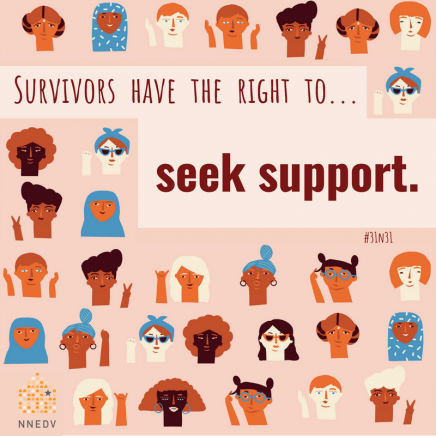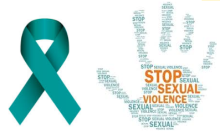Sexual violence does not discriminate. Both survivors and perpetrators come from all genders, cultures, races, ethnicities, sexual orientations, socio-economic status, and religions. Sexual violence is defined as any unwanted sexual contact or interaction and can include:
- Sexual Assault
- Intimate Partner Violence
- Stalking
- Sexual Harassment
UM CAPS created a virtual guide (below) where you’ll find information about sexual assault and mental health, resources for supporting yourself or a friend, sexual violence and social identities, and strategies to practice self-care (even during a global pandemic).
Sexual Assault Resource Guide
Every 2 1/2 minutes in the United States, someone is sexually assaulted. It is one of the most experienced, yet least talked about concerns across college and university campuses today. All forms of sexualized violence, at a basic level, are very connected. Perpetrators exert some form of power over those they target, and incidents of sexualized violence are some of the most violating experiences anyone can go through. It is very likely that someone you know and care about has experienced sexual violence or will experience it in their lifetime. Some of the best tools for people that have experienced sexual violence are supportive people in their lives that they can trust.
The information provided throughout this website uses the term survivor as an identity that encompasses all people who have experienced sexual violence. We want to acknowledge that not everyone with these experiences identifies with the term survivor. Each person has the power and agency to define their own experiences and identities, and we hope this website serves as a resource for survivors and those who seek to support them.






